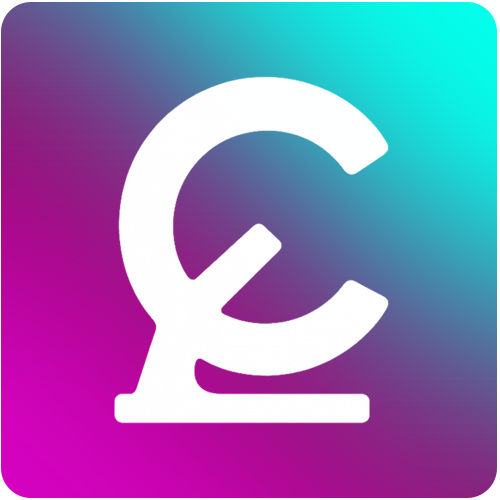Product Introduction
- Minicule is an AI-powered research platform designed for life sciences researchers to build interactive knowledge graphs by connecting hypotheses, experiments, and findings across scientific databases. It integrates directly with PubMed, OpenAlex, and USPTO to aggregate and structure research data into visual networks. The platform enables users to explore dendrograms, map evidence trails, and validate relationships in complex datasets.
- The core value of Minicule lies in accelerating hypothesis validation and collaborative discovery by transforming fragmented research data into actionable, interconnected knowledge graphs. It reduces time spent on manual literature reviews and data synthesis while improving accuracy in identifying patterns across genomic, clinical, and patent datasets.
Main Features
- Minicule generates AI-powered knowledge graphs that automatically link concepts from peer-reviewed articles, patents, and experimental data using natural language processing. Users can customize node relationships, apply filters for specific biological entities (e.g., gene variants, therapeutic targets), and export graphs in multiple formats for publication.
- The platform provides domain-specific visualization templates for life sciences, including preconfigured workflows for drug discovery, biomarker analysis, and gene therapy research. Templates include predefined relationships for neurological disease mechanisms, microbiome interactions, and immunotherapy response pathways.
- Collaborative workspaces allow multi-institution teams to co-edit knowledge graphs with granular permission controls, version history, and inline commenting. Real-time synchronization ensures all collaborators access the latest data, with audit trails for compliance in regulated research environments.
Problems Solved
- Minicule addresses the inefficiency of manual data aggregation and linear analysis in life sciences research, where traditional methods often miss non-obvious correlations between genetic, clinical, and experimental datasets. Researchers struggle to track evidence chains across thousands of disconnected papers and patents.
- The primary user groups include academic researchers in genomics, pharmaceutical R&D teams, and biotech startups focusing on therapeutic innovation. Clinical trial coordinators and patent analysts also benefit from its evidence-mapping capabilities.
- Typical use cases include identifying novel biomarkers for cancer immunotherapy by linking gene expression data with clinical outcomes, optimizing AAV vector design for gene therapy through patent landscape analysis, and validating gut-brain axis hypotheses in neurodegenerative diseases using microbiome-metabolite interaction maps.
Unique Advantages
- Unlike generic data visualization tools, Minicule offers domain-optimized AI models trained on life sciences terminology and relationship types, enabling precise extraction of biological entities (e.g., protein interactions, pathway dysregulation) from unstructured text.
- The platform uniquely combines USPTO patent data with biomedical literature, allowing users to map therapeutic innovations against both academic research and intellectual property landscapes. This dual integration prevents redundant experimentation and identifies white-space opportunities.
- Minicule’s competitive edge includes transparent AI workflows that show source citations for every graph node, addressing the “black box” limitation of other research tools. Enterprise users can deploy custom LLMs (e.g., LLaMA, Claude) for proprietary data analysis while maintaining full data isolation.
Frequently Asked Questions (FAQ)
- What data sources does Minicule support? Minicule connects to PubMed for biomedical literature, OpenAlex for interdisciplinary research metadata, and USPTO for patent claims analysis. Users can upload private datasets (e.g., lab results, internal reports) to augment these sources.
- How does Minicule ensure data privacy? All user-uploaded data remains encrypted at rest and in transit, with optional private cloud deployment for enterprise clients. Academic and Pro plan users can toggle projects between public and private modes with one-click access controls.
- Is there a discount for academic researchers? Yes, verified academic users receive a 50% discount on Pro or Team plans, applicable to projects involving non-commercial research at accredited institutions. This excludes IP-related work funded by corporate partners.
- Can teams collaborate across different institutions? Yes, the Team plan supports cross-institutional collaboration with role-based permissions (viewer, editor, admin). Shared graphs maintain source attribution for compliance with multi-party research agreements.
- Does Minicule support on-premises deployment? Enterprise clients can deploy Minicule via Docker containers in private infrastructure, with optional air-gapped installations for high-security environments. This includes integration with institutional Single Sign-On (SSO) systems.
